Combat and Genocide on the Eastern Front
The German Infantry's War, 1941–1944
$39.99 USD
Part of Cambridge Military Histories
- Author: Jeff Rutherford, Wheeling Jesuit University, West Virginia
- Date Published: July 2014
- availability: This ISBN is for an eBook version which is distributed on our behalf by a third party.
- format: Adobe eBook Reader
- isbn: 9781139990752
Find out more about Cambridge eBooks
$
39.99 USD
Adobe eBook Reader
Other available formats:
Paperback, Hardback
Looking for an inspection copy?
This title is not currently available on inspection
-
By 1944, the overwhelming majority of the German Army had participated in the German war of annihilation in the Soviet Union and historians continue to debate the motivations behind the violence unleashed in the east. Jeff Rutherford offers an important new contribution to this debate through a study of combat and the occupation policies of three frontline infantry divisions. He shows that while Nazi racial ideology provided a legitimizing context in which violence was not only accepted but encouraged, it was the Wehrmacht's adherence to a doctrine of military necessity which is critical in explaining why German soldiers fought as they did. This meant that the German Army would do whatever was necessary to emerge victorious on the battlefield. Periods of brutality were intermixed with conciliation as the army's view and treatment of the civilian population evolved based on its appreciation of the larger context of war in the east.
Read more- Major contribution to the continuing controversy surrounding the conduct of war on the Eastern Front
- In-depth study of the actions of three frontline infantry divisions reveals why German soldiers fought as they did highlighting the greater importance of doctrines of military necessity over racial ideology
- Examines the changing imperatives of German occupation policies right from Barbarossa until early 1944
Reviews & endorsements
'There can be no doubt that Rutherford's concept of 'military necessity' is a great stride forward in our knowledge of the Wehrmacht's Modus operandi in the east. Combat and Genocide on the Eastern Front is one of the most important books on the Wehrmacht to appear in the last twenty years and a must read for both the German military campaign as well as its war of annihilation.' David Stahel, author of Nazi Policy on the Eastern Front, 1941 (2012)
Customer reviews
Not yet reviewed
Be the first to review
Review was not posted due to profanity
×Product details
- Date Published: July 2014
- format: Adobe eBook Reader
- isbn: 9781139990752
- contains: 39 b/w illus. 10 maps
- availability: This ISBN is for an eBook version which is distributed on our behalf by a third party.
Table of Contents
Introduction: the German infantry's war
1. The Wehrmacht and German society
2. Preparations for war
3. 'Attack with a ruthless offensive spirit and ... a firestorm of destruction': the opening phase of Operation Barbarossa
4: 'Will the continuation of this attack be worth it?' The drive on Leningrad
5: 'It is only a question of where, not if, civilians will starve': the 121st Infantry Division and the occupation of Pavlovsk
6. The failure of Operation Barbarossa: the fusion of ideology and military culture
7. The Soviet winter offensive 1942: Demiansk and the Volkhov River
8. 'The population ... shouted out to the interpreter that one would rather be shot instead of being left to starve': the evolution of military necessity
9. 'From one mess to another': war of attrition in Northwest Russia
10: 'We need to fight to the end, so oder so': combat and the reconstruction of Army Group North
11. A more rational occupation? The contradictions of military necessity
12. 'As miserable representatives of the miserable twentieth century, we burned all of the villages': the scorched earth retreat to the Panther Line
Conclusion. The primacy of military necessity.
Sorry, this resource is locked
Please register or sign in to request access. If you are having problems accessing these resources please email [email protected]
Register Sign in» Proceed
You are now leaving the Cambridge University Press website. Your eBook purchase and download will be completed by our partner www.ebooks.com. Please see the permission section of the www.ebooks.com catalogue page for details of the print & copy limits on our eBooks.
Continue ×Are you sure you want to delete your account?
This cannot be undone.
Thank you for your feedback which will help us improve our service.
If you requested a response, we will make sure to get back to you shortly.
×
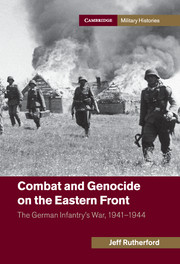
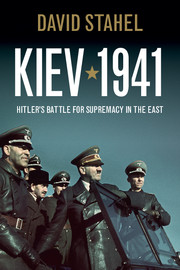
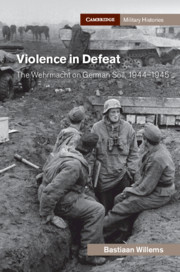
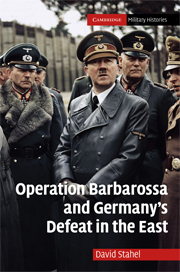
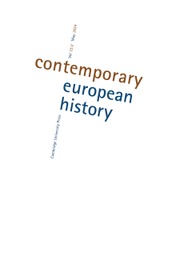
.jpg)
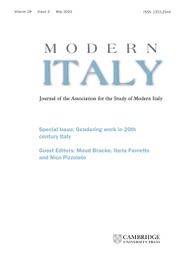
.jpg)